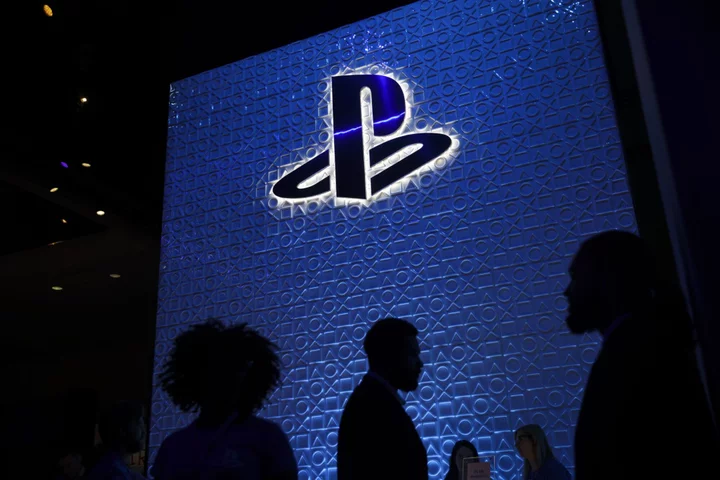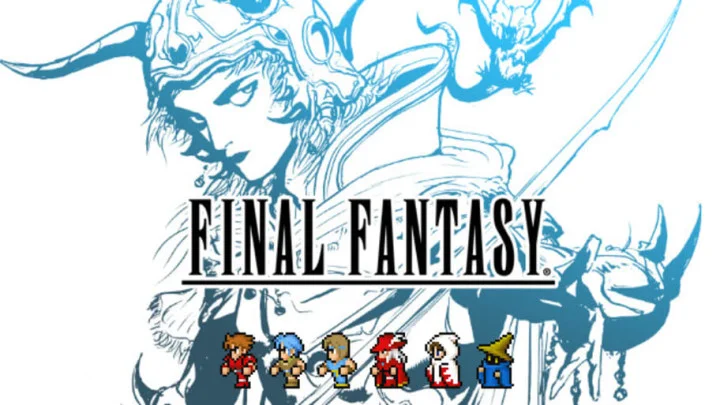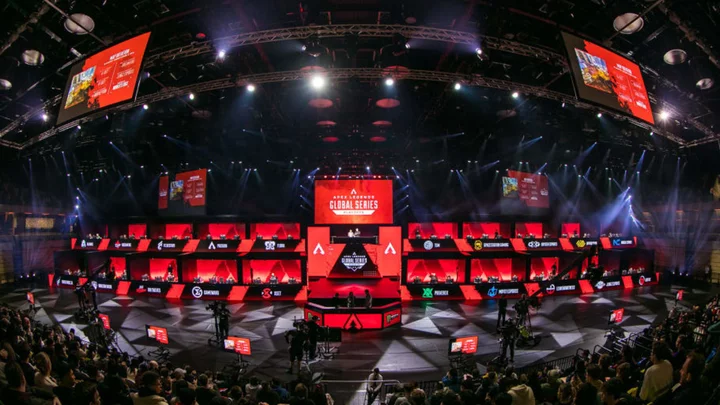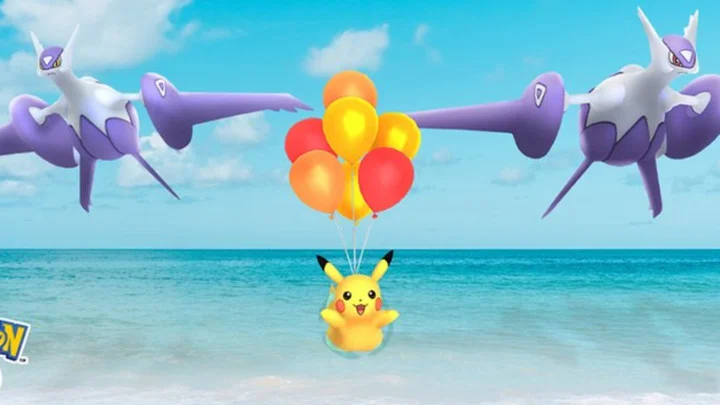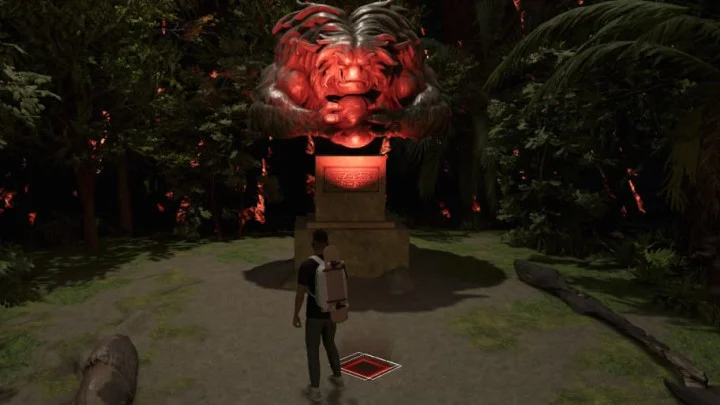Sony Group Corp. shares fell as much as 2.7% Wednesday in Tokyo after a US federal judge ruled in favor of Microsoft Corp.’s $69 billion takeover of Activision Blizzard Inc.
The Tokyo-based PlayStation maker has been the most vocal opponent of the deal, arguing that it would give Microsoft excessive market power by letting it control the lucrative Call of Duty franchise. Redmond, Washington-based Microsoft has said it intends to keep the game on Sony’s platform, pointing to its competitor’s much bigger share of the console market.
US District Judge Jacqueline Scott Corley in San Francisco ruled in favor of Microsoft Tuesday, finding the US Federal Trade Commission didn’t prove the combination with Activision would harm competition for gaming. She extended a temporary restraining order that blocks Microsoft from closing the deal until midnight US West Coast time on Friday.
The FTC is leaning toward appealing the decision, Bloomberg News reported. Sony did not respond to a request for comment.
Call of Duty is among the world’s most profitable game series, with millions of fans playing its latest iteration every year. For Sony, Microsoft’s control of the franchise would make business harder even if the game remains on PlayStation.
This is “big news and potentially very negative for Sony,” said Asymmetric Advisors strategist Amir Anvarzadeh. Many PlayStation owners use their consoles solely to play Call of Duty games, purchasing the game at full cost, while Microsoft will likely make the game free on its Xbox Game Pass service, he said in a separate note to investors.
Sony also faces a £5 billion suit from UK consumers who argue the royalty fees the Tokyo-based company charges third-party developers inflate game prices. Such fees account for half of the company’s game software sales, Anvarzadeh said.
--With assistance from Takashi Mochizuki and Kurt Schussler.

